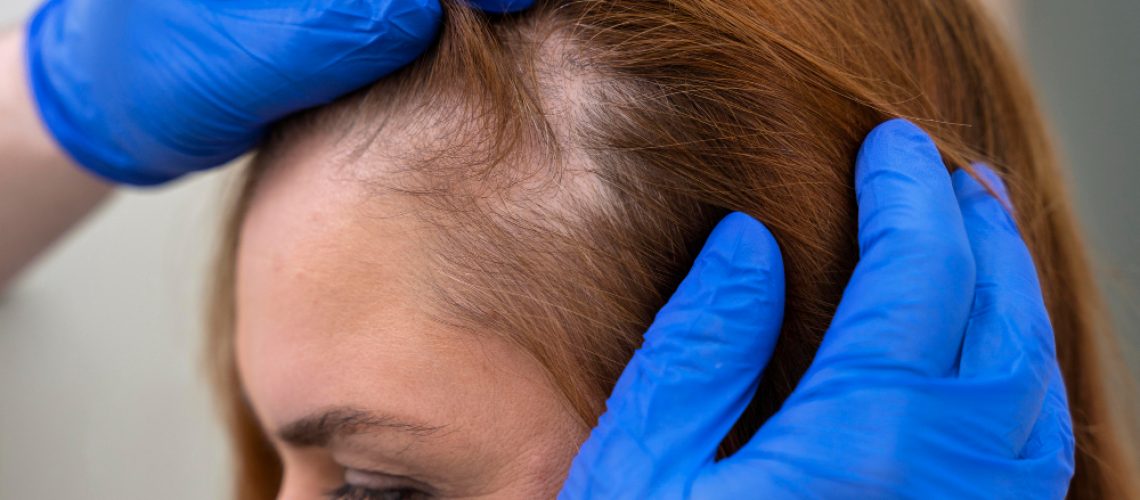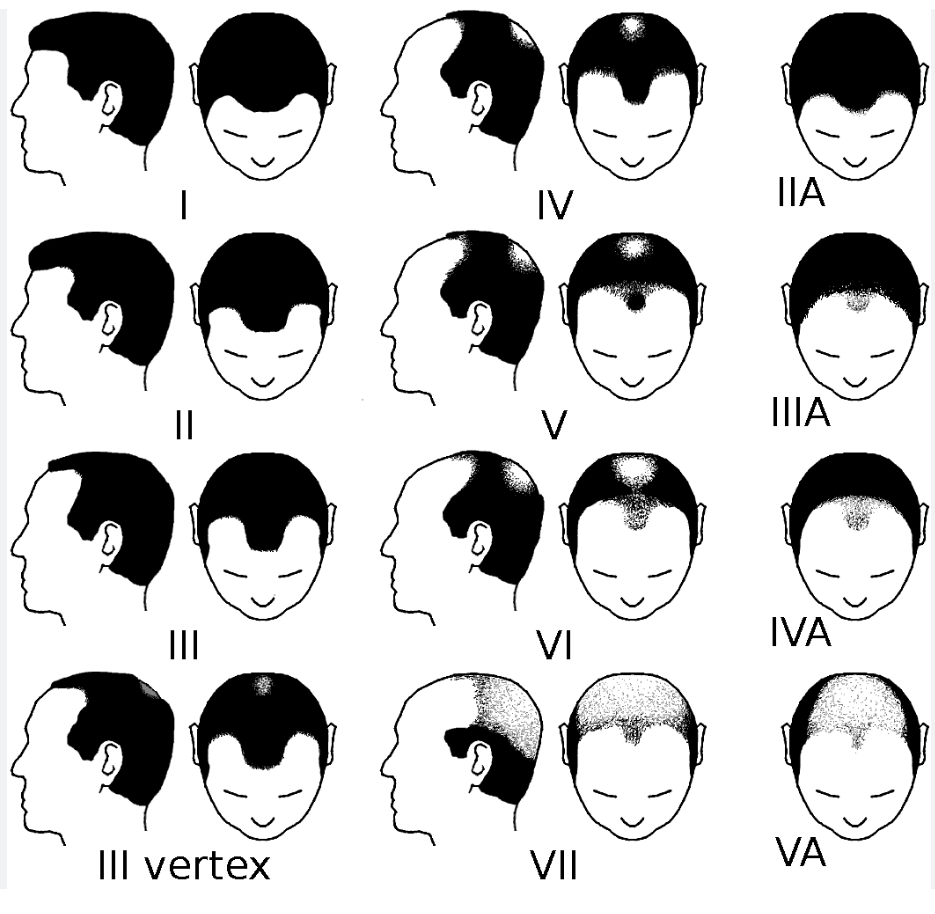Am I experiencing telogen effluvium? Hair loss can be a distressing experience, leaving many to wonder about its cause. One common but often misunderstood condition is telogen effluvium. This blog aims to break down the key signs of telogen effluvium.
What is Telogen Effluvium?
Hair goes through cycles, including a growth phase, a resting phase, and a shedding phase. Telogen effluvium happens when more hairs than usual enter the shedding phase, leading to noticeable hair loss.
Spotting the Signs:
· Increased Shedding: The most obvious sign is finding more hair than usual on your pillow, in your hairbrush, or down the shower drain. While it’s normal to lose up to 100 hairs a day, telogen effluvium can significantly increase this number.
· Overall Thinning: Rather than bald patches, telogen effluvium usually causes a uniform thinning of hair across the scalp. This can be more noticeable in some areas, but you won’t see bald spots.
· More Hair in Your Hands: When washing or running your fingers through your hair, you might notice more strands coming out than usual. This is a key indicator that your hair might be in the telogen phase more than it should be and that it is actively shedding.
· A Wider Part: For many, the part in their hair may start to appear wider due to the overall thinning effect, making more of the scalp visible. This sign can also be linked to androgenetic alopecia (female pattern hair loss), which is a progressive hair loss condition. Therefore, it would be beneficial to see a trichologist to gain a better understanding of the hair loss you are experiencing.
· Short New Growth: Over time, you might notice short, new hairs sprouting up around your hairline. This is a sign that your hair is returning back to its normal cycle of growth and shedding.
Why Does It Happen?
Telogen effluvium can be triggered by various factors, including stress, illness, hormonal changes, or nutritional deficiencies. Essentially, any shock to your system can push more hairs into the telogen phase.
What Next?
If you’re noticing these signs, you may be experiencing telogen effluvium. It is best to contact a trichologist to discuss your concerns and experience, so that you can gain a better understanding of the hair loss you are experiencing. Telogen effluvium is often temporary, and your hair can return to its normal cycle with time or once the underlying cause is addressed. However, it’s always a good idea to speak with a healthcare professional to rule out other conditions and find the best course of action.
Understanding your body’s signals is crucial in addressing any health concerns. If you’re experiencing signs of telogen effluvium, remember, it’s a common issue that many people face, and in most cases, it’s reversible. Your hair’s health can tell you a lot about your overall well-being, so it’s important to listen to what it’s trying to say.




